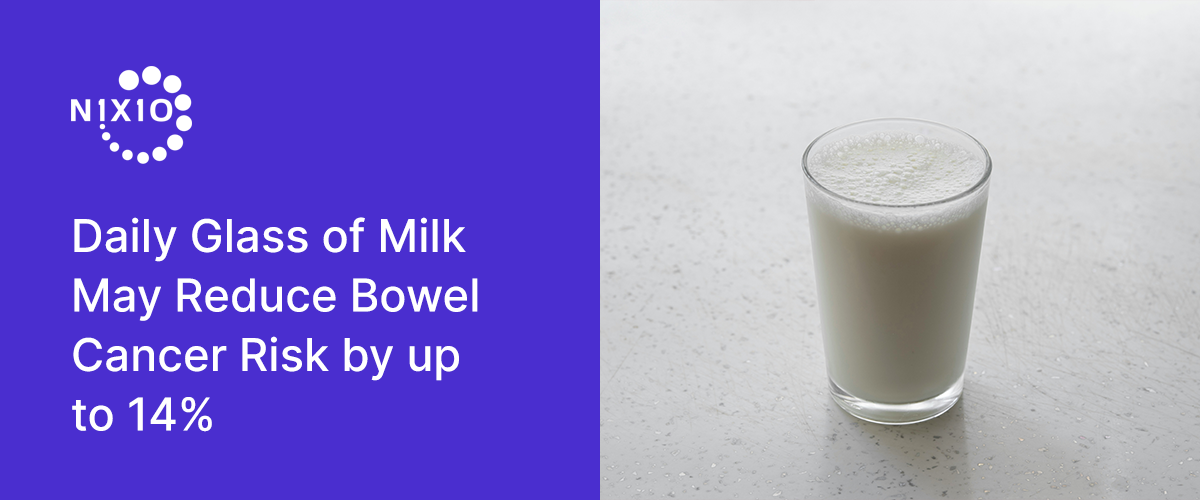Colorectal cancer (CRC) is the second leading cause of cancer deaths in the US. In 2025, the American Cancer Society (ACS) estimates that there will be about 107,320 new cases of colon cancer and 46, 950 new cases of rectal cancer in the US. The risk of CRC is rising among generations born since 1950, with men having a 30% higher risk than women.
Uncertainty remains regarding the role of diet in CRC development. The International Agency for Research on Cancer (IARC) has classified alcoholic beverages and processed meat as carcinogenic to humans and red meat as probably carcinogenic, with the evidence for this classification being based partly (alcohol), or largely (red and processed meat), on the findings for CRC. The World Cancer Research Fund (WCRF)/American Institute for Cancer Research (AICR)’s third expert report similarly concluded that there is convincing evidence that higher intakes of alcohol and processed meat increase the risk of CRC; they also concluded that higher consumption of dairy products, dairy milk, calcium, calcium supplements, wholegrains, and foods containing dietary fiber “probably” reduce the risk of CRC, while higher intake of red meat “probably” increases risk. The evidence for other foods, nutrients and beverages is inconclusive.
Scientists at the University of Oxford conducted a systematic observational analysis of 97 dietary factors and subsequent CRC risk using a diet-wide association study based on data from a large prospective study in more than half a million women. The study showed that drinking 200 grams of milk a day could cut the risk of CRC by as much as 14 percent. In further number crunches, the researchers found the link between bowel cancer and dairy milk was primarily due to calcium. In fact, consuming 300 milligrams of calcium daily cut the risk of cancer by 17 percent, three percentage points more than milk. Further evidence for a potentially causal role for calcium in CRC incidence was provided by an accompanying analysis of genetically predicted milk intake, which is likely to also reflect calcium intake. They also found a positive association for red and processed meat intake that was minimally affected by confounding diet and lifestyle factors.
The probable protective role of calcium may relate to its ability to bind to bile acids and free fatty acids in the colonic lumen, thereby lowering their potentially carcinogenic effects. Other experimental work suggests that calcium may also have direct effects on colonic tissue, for example, calcium may promote colorectal epithelial cell differentiation, enhance apoptosis, and reduce DNA oxidative damage in the colorectal mucosa. Laboratory studies also suggest that dietary calcium may reduce the incidence of KRAS mutations in the colon.
Scientists today think that as many as half of all bowel cancers can be prevented through a healthy lifestyle and dietary changes. In addition to confirming the well-established positive associations of alcohol, and red and processed meat consumption, with risk of CRC, the University of Oxford large prospective analysis provides robust evidence supporting the protective role of dietary calcium. Additional research is needed to investigate overall health benefits or risks associated with higher calcium intakes.


